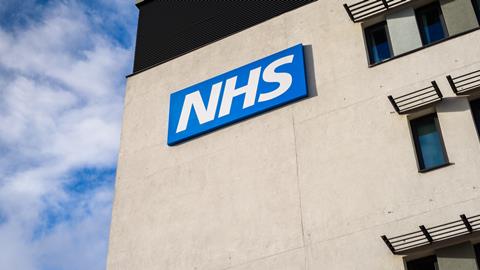Greater collaboration between claimant and defence lawyers is having a tangible effect on clinical negligence settlements, an NHS chief said yesterday. There is now a ‘professional, trusting and respectful’ relationship between the two sides, Kamal Bedi, deputy director of claims at NHS Resolution, told the Society of Clinical Injury Lawyers conference in Birmingham.
While the number of claims opened each year has remained at roughly 10,500-11,000 in the past decade, the percentage resolved without entering court in 2023/24 rose to 81%. In 2016/17, the proportion of out-of-court resolutions was 66%.
Bedi said the way that claims are handled has evolved and that the closer working ties developed during Covid between claimant and defendant lawyers have endured. ‘Cooperation is now a core part of how we do business,’ she said.
‘Year on year, fewer patients – fewer of your clients – have had to enter formal proceedings to achieve resolution. We are using our collective expertise to reach the right decision at the right time and only choosing litigation where it is the right response to that case.’
Read more
NHSR will meet with claimant and defendant representatives later this year with a view to developing new working practices for swift resolution of claims.
Bedi was asked by an audience member why there appeared to be different outcomes depending on individual case-handlers, and on which panel law firm happened to handle a claim. She replied there were ‘inevitably’ going to be inconsistencies, but that these are being addressed.
The conference heard that one area of dispute between parties is interim damages applications and defendants contesting them.
Joanne Easterbrook, partner at national firm Bevan Brittan, insisted the defendant sector wants to prevent contested interim payment applications if possible. ‘The one thing that can help with that process is to avoid surprises,’ she said.
MPs on the influential Public Accounts Committee last month called on the government to draw up an urgent plan to cut the ‘astronomical’ legal bill for clinical negligence claims.
This article is now closed for comment.




























2 Readers' comments